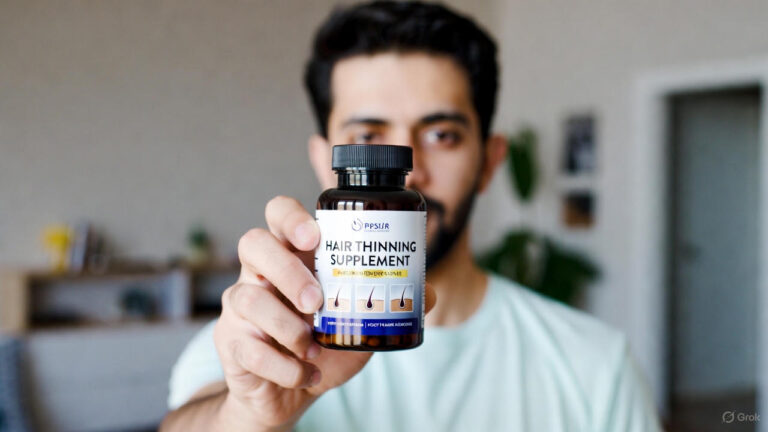Natural remedies have gained popularity as people seek alternatives to conventional medicine. They offer holistic solutions for various common ailments and conditions. Many everyday ingredients can be found in your kitchen or garden, making these remedies accessible and often more affordable. This article explores several DIY natural remedies that can help alleviate common health issues.
1. Ginger for Nausea
Ginger is renowned for its anti-nausea properties. It’s particularly effective for morning sickness, motion sickness, and digestive discomfort.
How to Use:
- Ginger Tea: Grate a small piece of fresh ginger and steep it in hot water for 10 minutes. Strain and drink, adding honey for sweetness if desired.
- Ginger Candy: Chew on crystallized ginger or make homemade ginger chews for a quick relief option.
2. Honey and Lemon for Cough
This soothing combination is a well-known remedy for cough and sore throat. Honey has antimicrobial properties, while lemon provides vitamin C.
How to Use:
- Mix one tablespoon of honey with the juice of half a lemon in a glass of warm water. Sip slowly for relief.
3. Aloe Vera for Sunburn
Aloe vera is famous for its soothing effects on sunburned skin. Its anti-inflammatory properties help reduce redness and pain.
How to Use:
- Apply fresh aloe vera gel directly from the leaf onto the affected areas. Let it absorb into the skin for quick relief.
4. Peppermint for Headaches
Peppermint oil is effective for relieving tension headaches. Its cooling effect can ease pain and tension.
How to Use:
- Dilute a few drops of peppermint oil with a carrier oil, like coconut or olive oil. Massage the mixture onto your temples and the back of your neck.
5. Turmeric for Inflammation
Turmeric contains curcumin, a powerful anti-inflammatory compound. It can help with conditions like arthritis and general inflammation.
How to Use:
- Mix one teaspoon of turmeric powder with a glass of warm milk or water. Add honey for flavor. Drink daily to reduce inflammation.
6. Apple Cider Vinegar for Digestive Issues
Apple cider vinegar aids digestion and can help relieve bloating and indigestion.
How to Use:
- Mix one tablespoon of apple cider vinegar in a glass of water. Drink before meals to promote digestion.
7. Oatmeal for Skin Irritations
Oatmeal is gentle on the skin and can soothe conditions like eczema and dry skin.
How to Use:
- Add colloidal oatmeal to a warm bath and soak for 15-20 minutes. Alternatively, create a paste with water and apply it to irritated skin.
8. Garlic for Cold and Flu
Garlic has immune-boosting properties that can help fight off colds and flu.
How to Use:
- Incorporate fresh garlic into your meals. For a quick remedy, crush a clove and mix it with honey for a soothing paste.
9. Chamomile for Insomnia
Chamomile is known for its calming effects, making it an excellent choice for promoting better sleep.
How to Use:
- Brew chamomile tea using dried flowers. Drink before bedtime to relax and aid sleep.
10. Baking Soda for Heartburn
Baking soda can neutralize stomach acid, providing quick relief from heartburn.
How to Use:
- Mix one teaspoon of baking soda in a glass of water. Drink it slowly for relief. However, avoid excessive use, as it can disrupt the body’s natural pH balance.
Conclusion
DIY natural remedies can effectively address common ailments using simple, accessible ingredients. While these remedies can provide relief, they should not replace professional medical advice. Always consult with a healthcare professional for persistent or severe symptoms. Embrace the power of nature for better health and well-being.
FAQs
1. Are DIY natural remedies safe for everyone?
While many natural remedies are safe, individual reactions can vary. Consult a healthcare provider if you have allergies or pre-existing conditions.
2. How quickly do natural remedies work?
The effectiveness and speed of natural remedies can vary depending on the individual and the condition. Some may provide immediate relief, while others may take time.
3. Can I use these remedies alongside prescription medications?
It’s essential to consult with a healthcare professional before combining natural remedies with prescription medications to avoid potential interactions.
4. How should I store homemade remedies?
Store homemade remedies in airtight containers in a cool, dark place. Refrigerate if necessary to maintain freshness.
5. Are there any side effects associated with natural remedies?
Some natural ingredients can cause side effects or allergic reactions. It’s crucial to test new remedies in small amounts and monitor your body’s response.



